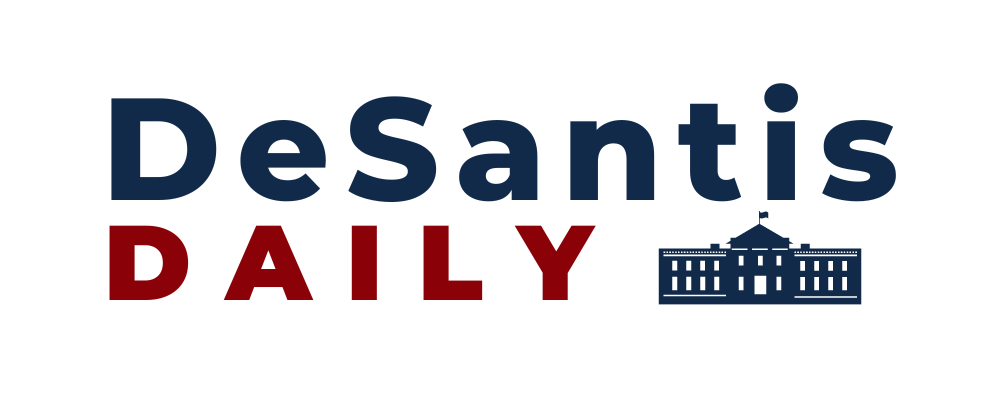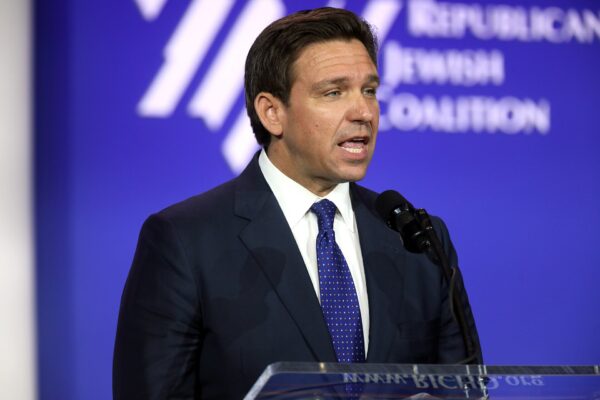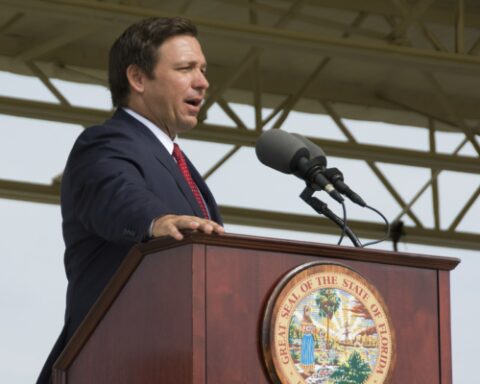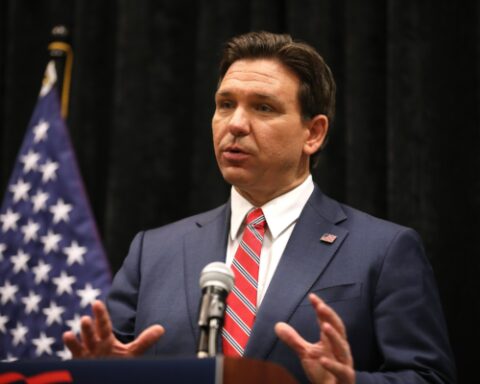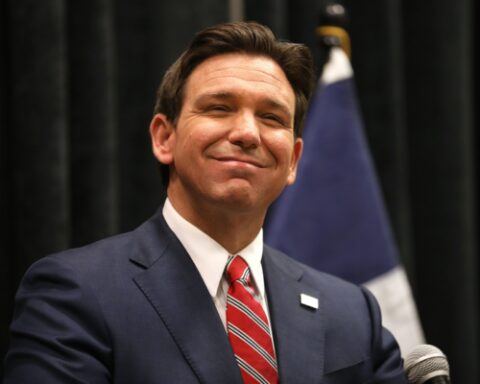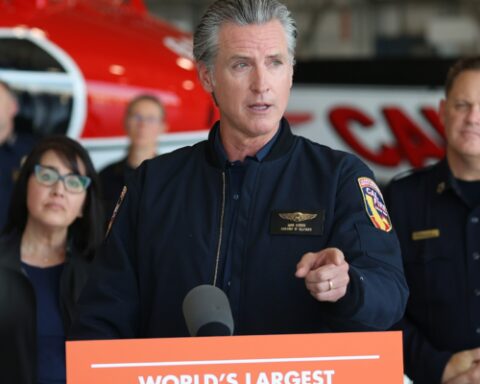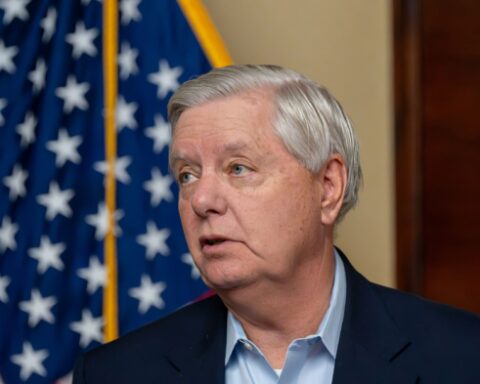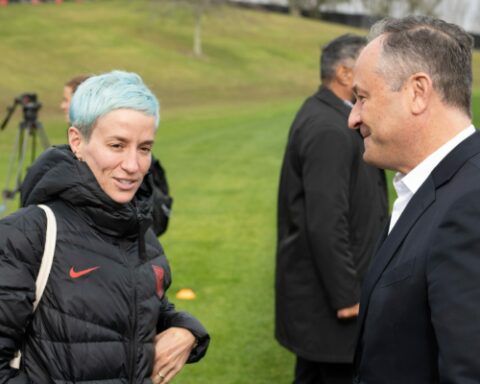Gov. Ron DeSantis of Florida announced Wednesday that he is directing the state’s higher education board to block universities from hiring foreign workers through the federal H1-B visa program, which allows non-U.S. citizens in specialty occupations to work temporarily in the United States.
Speaking at a press conference in Tampa, DeSantis called on the Florida Board of Governors to “pull the plug” on H1-B visa use in state universities, arguing that the reliance on foreign labor undermines opportunities for American workers. “I’m directing today the Florida Board of Governors to pull the plug on the use of these H1-B visas in our universities,” he said. “We can do it with our residents in Florida or with Americans, and if we can’t do it, then man—we need to really look deeply about what is going on with this situation.”
The governor characterized the program as a form of “indentured servitude,” and expressed frustration that institutions of higher education were hiring international workers at a time when many Americans face layoffs amid automation, federal spending cuts, and technological disruption. “It’s troubling,” he said, criticizing Florida universities for relying on what he described as cheaper labor instead of cultivating homegrown talent.
DeSantis highlighted examples of assistant professors, data analysts, coaches, and coordinators currently employed on H1-B visas from countries including the United Kingdom, China, Spain, Canada, Russia, Poland, and Argentina. “Why aren’t we producing math and engineering folks who can do this?” he asked, noting that one university employed a power systems researcher from Wuhan, China, and another a clinical assistant professor from the West Bank. “[There’s] a clinical assistant professor from supposed Palestine. Why are they—is that just social justice that they’re doing?”
As of June 30, 2025, more than 1,900 Florida employers were sponsoring over 7,200 H1-B visa holders, according to the U.S. Citizenship and Immigration Services. Within the education sector, 78 employers accounted for 677 visa beneficiaries. The University of Florida led with 156 H1-B workers, followed by the University of Miami with 90 and the University of South Florida with 72. These three universities also operate the state’s largest medical programs, which employ numerous foreign physicians through the same visa program.
The move aligns with broader efforts by President Donald Trump’s administration to reduce reliance on foreign labor. Last month, Trump announced a $100,000 application fee for future H1-B visa petitions, part of a larger immigration policy designed to protect American jobs and restrict the inflow of both illegal and temporary foreign workers. H1-B visas, long popular in the tech industry, have become a flashpoint within the Republican Party, dividing those who advocate for labor protections from those who stress the business community’s need for specialized talent.
DeSantis’s announcement also fits within a larger state effort to mirror federal reforms. Following Trump’s creation of the Department of Governmental Efficiency (DOGE) to root out waste and excess spending, DeSantis established a state-level version to audit universities and local governments. The initiative, now informally known as the Florida Agency for Fiscal Oversight, or FAFO, is led by Chief Financial Officer Blaise Ingoglia.
By moving to block H1-B hiring, DeSantis has once again positioned Florida at the forefront of Trump-era policy implementation—this time, applying an “America First” lens to the state’s higher education system.
[READ MORE: DeSantis Sees Political Opportunity for GOP in Mamdani’s Rise]
